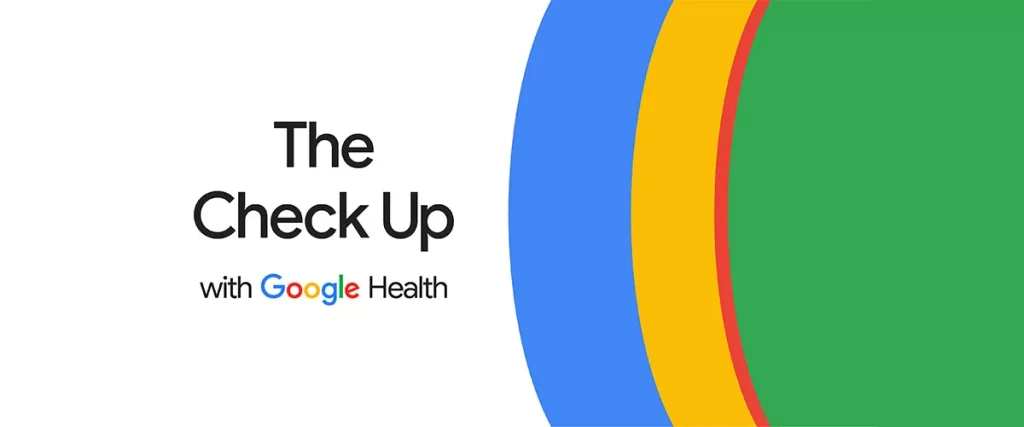
What You Should Know:
– Google Health recently hosted its annual event, The Check Up, showcasing significant progress in applying generative AI to revolutionize healthcare.
– These advancements aim to improve personalized care, radiology workflows, information accessibility, and ultimately, empower individuals to take charge of their health.
Advancements in Generative AI for Personalized Care, Radiology, and Information Access
Here’s a breakdown of six key takeaways from Google Health’s Check Up:
1. Enhanced Healthcare Models with Multimodal Capabilities
- MedLM for Chest X-ray: This new model leverages AI to analyze chest X-rays, potentially revolutionizing radiology workflows by aiding classification for various conditions.
- Fine-tuning the Gemini Model: Google is exploring a fine-tuned version of its powerful Gemini model specifically for healthcare. This model demonstrates promising results in advanced reasoning, handling large amounts of context, and processing diverse data formats (multimodal).
2. Personalized Health Coaching with Large Language Models
- Personal Health LLM: A collaborative effort between Fitbit and Google Research is building a personalized health LLM to power features in the Fitbit app. This model will analyze user data to provide personalized coaching and recommendations based on individual health goals.
3. Improving Clinical Support and Patient Communication
- AMIE (Articulate Medical Intelligence Explorer): This research AI system uses LLMs to simulate text-based consultations with patients. Initial tests show promising performance in diagnostic accuracy, empathy, and explanation quality compared to real doctors. Future plans involve real-world testing within a healthcare organization.
4. Making Health Information More Accessible and User-friendly
- Google Lens for Skin Conditions: This AI-powered feature allows users to search for skin concerns by taking a picture with Google Lens, providing visually similar matches for further information. This feature is now available in over 150 countries.
- Visual Search for Health Symptoms: Search results for health questions are being enhanced with high-quality images and diagrams to illustrate symptoms more effectively. This feature is currently being rolled out globally on mobile for various conditions.
5. YouTube’s Role in Expanding Health Information Reach
- Aloud Dubbing Tool: YouTube’s AI tool, Aloud, allows creators to translate and dub health-related videos at no cost, bridging language barriers and expanding access to valuable information. Institutions like Mass General Brigham are using Aloud to translate first-aid videos and chronic condition resources into Spanish.
- Spanish Medical Education Course: Stanford Medicine’s Continuing Medical Education YouTube channel is offering a new Spanish-language course on implicit bias in healthcare. This course, translated using Aloud, aims to equip healthcare professionals with tools to better serve patients from diverse backgrounds.
6. Deeper Health Insights through Fitbit
- Fitbit Labs with AI Features: Fitbit Labs, a platform for testing experimental features, will soon offer AI-powered insights tailored to individual user needs and preferences. Users will be able to ask questions in natural language and generate personalized charts to gain a deeper understanding of their health data.
- Personal Health LLM for Fitbit: Fitbit and Google Research are collaborating to develop a Personal Health LLM that will power future AI features within the Fitbit ecosystem.

